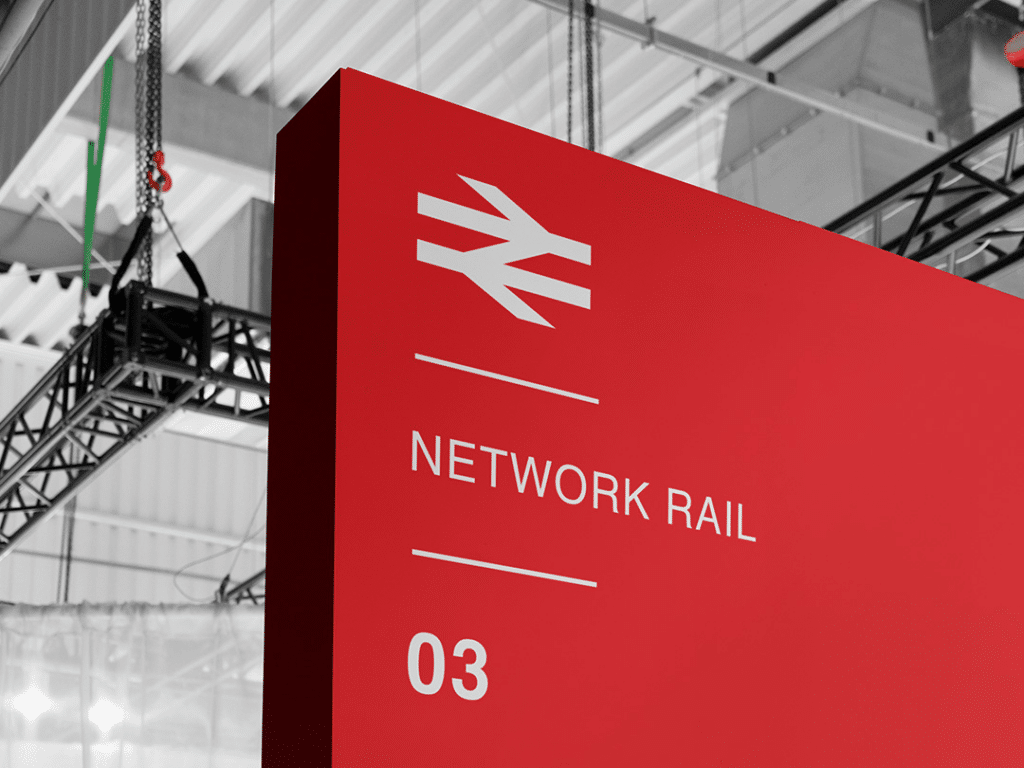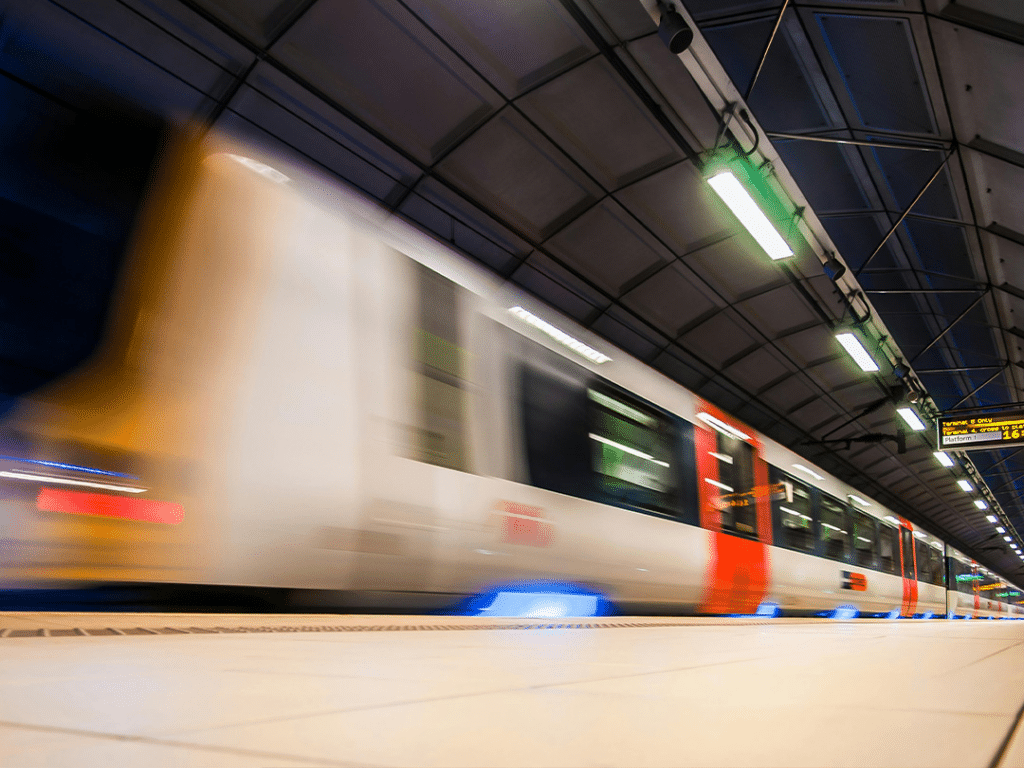What is the ORR and what role do they play in rail regulation? Directly responsible for safety oversight and economic regulation, the Office of Rail and Road (ORR), ensures Britain’s railways, including the mainline networks, the London Underground, light rail systems, and the Channel Tunnel, operate smoothly and fairly. In this article, we’re delving into how the ORR and their role uphold these standards, monitors Network Rail, and advocates for rail users and stakeholders—key aspects essential to understanding its critical impact on railway operations.
Key Takeaways
- The Office of Rail and Road (ORR) ensures the safety and economic regulation of Britain’s railways, overseeing health and safety standards, Network Rail’s performance, and compliance with service and value for money targets.
- The ORR holds significant influence over railway network operations, including licensing train operations, advocating for fair access, and championing passenger and industry stakeholder interests through various channels including consumer law enforcement and advocacy panels.
- Apart from its primary role within the UK railway network, the ORR also monitors strategic road networks, carries regional responsibilities in Northern Ireland, and works with French authorities to regulate the Channel Tunnel’s operation and access.
The mandate of the ORR: Ensuring safety and economic regulation
The Office of Rail and Road (ORR) plays a pivotal role in ensuring the smooth operation of Britain’s railways. With a mandate driven by EU and UK legislation, the ORR regulates the rail industry’s health and safety, as well as its economic functions.
The ORR:
- Upholds safety standards by fostering efficient relationships across the rail industry
- Acts as an economic regulator to prevent practices that unfairly disadvantage passengers
- Contributes to a balanced and fair railway network
Health and Safety Oversight
The ORR’s safety and economic functions extend to maintaining safety performance standards across the entire rail industry, including:
- mainline networks
- High Speed 1
- the London Underground
- light rail systems
- tram networks
This oversight is not limited to the entire mainline rail network; it extends to all these types of rail systems.
The ORR not only enforces safety compliance, but it also conducts regular safety inspections and incident investigations, particularly for the London Underground. In doing so, it mandates underground railway operators to have adequate safety systems and procedures, especially concerning risks associated with boarding and alighting from trains.
Economic regulatory functions
The ORR’s economic regulatory functions are integral to maintaining a balance in the rail industry’s economic function countrywide. Notably, the ORR holds Network Rail accountable for performance, service levels, and value for money.
By regular monitoring and analysis of reports against targets set in the access charges reviews and obligations in its network license, it ensures the economic vitality of the rail industry. The ORR also oversees competition and fair conduct in the rail industry, occasionally initiating market reviews to ensure effectiveness.

The ORR’s influence on Network Rail
When it comes to Network Rail’s operations, the ORR’s influence is paramount. The ORR ensures that Network Rail meets its service quality commitments by utilising network licenses and conducting periodic reviews to monitor performance.
Apart from monitoring performance, the ORR has sanctioned a significant investment plan to hold Network Rail accountable for the national railway network operation. The plan focuses on upgrades aimed at enhancing:
- safety
- station amenities
- digital and accessible infrastructure
- providing reliable service through investments in asset sustainability and performance.
Fair service and value for money
The ORR’s periodic review is a key mechanism to ensure Network Rail aligns with the priorities of the UK and Scottish governments, delivering value for money, high performance, and efficient operation of the railways.
These reviews produce a final determination document that prescribes what Network Rail must achieve over the next five years, including financial efficiency targets. This process aims to ensure a safe and customer-focused railway, providing certainty and stability for longer-term investment and planning.
Compliance and public benefit
The ORR’s role in ensuring compliance with Network Rail’s license is crucial to maintaining fair access and consumer law in the rail industry. For handling unforeseen events, the ORR requires Network Rail to hold significant risk funding to ensure continuity of operations and the delivery of public service.
Moreover, the ORR’s final determination includes setting targets for the growth of the freight sector, aligning with government priorities and facilitating economic development.

Championing fair access across the railway network
The ORR is a stalwart advocate for fair access across the railway network. Through its dual role as a safety and economic regulator, the ORR licenses train operators and enforces competition and consumer law.
The ORR’s influence extends beyond just the rail and road. It plays a significant role in ensuring fair access for all operators in the Channel Tunnel, thereby promoting a harmonious and efficient international rail network.
Licensing train operators
The ORR ensures that train operators are highly-qualified to run a railway system by issuing licenses based on evaluations of their:
- reputation
- professional safety competence
- financial fitness
- required insurance coverage
Licenses are differentiated into passenger and freight categories, with compliance required with a Statement of National Regulatory Provisions (SNRP) set forth by the ORR to maintain standards and promote effective industry relationships.
Through this process, the ORR encourages effective and efficient working relationships within the railway industry.
Competition and consumer law enforcement
On the economic front, the ORR’s enforcement powers, established by UK and EU legislation, form the legal foundation for their role in rail regulation. Rail statistics play a crucial part in understanding the industry’s performance and ensuring effective oversight.
The ORR collaborates with the Competition & Markets Authority, transport authorities, and passenger watchdogs to ensure comprehensive consumer protection in the rail sector. It conducts investigations into companies that breach competition and consumer laws and undertakes market reviews and studies to ensure a fair and competitive rail industry.

Advocating for rail users and industry stakeholders
The ORR goes beyond its safety and economic functions, advocating for rail users and industry stakeholders by promoting competition in rail markets.
The ORR has established a Consumer Expert Panel to support advocacy and research focused on the needs and interests of rail users and industry stakeholders. This panel plays a crucial role in understanding and addressing the concerns of the rail community, thereby fostering a harmonious and efficient rail network.
Passenger interests
The ORR works tirelessly to enhance passengers’ experiences by focusing on improved compensation protocols, ticket retailing practices, and accessibility options for passengers.
Independent entities, Transport Focus and London TravelWatch, are part of the ORR’s Consumer Expert Panel, ensuring passenger interests are represented and addressed by both the government and the railway industry.
Freight and industry advancement
In addition to passenger interests, the ORR also supports the freight industry. It has set targets for freight sector growth to ensure the industry’s advancement and contribution to the national economy.
The ORR’s final determination supports the freight industry through measures designed to enhance its growth and efficiency within the national rail network. This focus on the freight industry aligns with government priorities, contributing to the overall economic development of the country.

Monitoring National Highways and strategic road network
The ORR’s responsibilities extend beyond the railway network. It monitors National Highways and the strategic road network to ensure targets set by the government’s road investment strategy are met and legal obligations are adhered to.
The ORR has initiated an investigation into National Highways’ performance due to concerns over recent dips in performance and recurring issues. The findings from this investigation are anticipated to inform future performance commitments and targets for National Highways in the subsequent road period.
Regional responsibilities: Northern Ireland and beyond
The ORR also carries regional responsibilities in Northern Ireland and the Channel Tunnel, ensuring compliance with regulations and promoting safe operations.
Despite the majority of its activities being focused on Great Britain, the ORR oversees compliance with the Railways Infrastructure Regulations in Northern Ireland, thereby fulfilling its mandate as the nation’s railway regulator.
Northern Ireland’s railways infrastructure
In Northern Ireland, the ORR oversees the safety and efficiency of the railway infrastructure. It ensures that railway operators comply with established standards according to the Railways Infrastructure Regulations.
Through audits and inspections, the ORR verifies compliance and provides reports to stakeholders on the status of Northern Ireland’s railway infrastructure. This rigorous oversight ensures that the railway systems in Northern Ireland meet the same standards as the rest of the UK.
Channel Tunnel operations
Beyond national borders, the ORR collaborates with France’s Autorité de Régulation des Transports to ensure fair access terms and charges for the Channel Tunnel. The ORR and ART annually vet the Eurotunnel Network Statement for discriminatory clauses to safeguard the interest of railway companies using the Channel Tunnel.
The ORR’s economic regulation extends to the Channel Tunnel and High Speed 1, ensuring that international operations adhere to the same standards as domestic operations.
Summary
In conclusion, the Office of Rail and Road’s role in the UK is multifaceted and essential. It oversees safety and economic regulation, champions fair access across the railway network, advocates for rail users and industry stakeholders, and monitors national highways and strategic road networks.
The ORR’s influence extends beyond national borders, with responsibilities in Northern Ireland and the Channel Tunnel. As we traverse the tracks of Britain’s railways, we can rest assured that the ORR is diligently working behind the scenes to ensure a safe, efficient, and fair railway network.
Frequently Asked Questions
What is the role of the Office of Rail and Road?
The role of the Office of Rail and Road is to oversee safety and economic regulation in the rail industry, champion fair access across the railway network, advocate for rail users and industry stakeholders, and monitor national highways and strategic road networks.
How does the ORR ensure safety in the rail industry?
The ORR ensures safety in the rail industry through regular safety inspections, incident investigations, enforcement of safety compliance, and mandating safety systems and procedures for railway operators.
What is the ORR’s influence on Network Rail?
The ORR influences Network Rail by holding it accountable for performance, service levels, and value for money, and ensuring compliance with its license through legal powers.
How does the ORR promote fair access across the railway network?
The ORR promotes fair access across the railway network by licensing train operators, enforcing competition and consumer law, and collaborating with other authorities to ensure comprehensive consumer protection in the rail sector. This ensures that fair access is maintained within the railway network.
Does the ORR’s responsibilities extend beyond the UK?
Yes, the ORR has regional responsibilities in Northern Ireland and collaborates with France’s Autorité de Régulation des Transports for operations in the Channel Tunnel.

